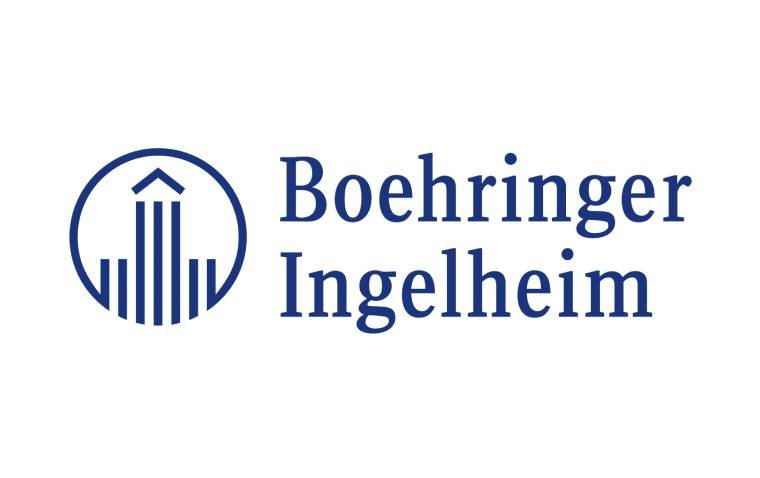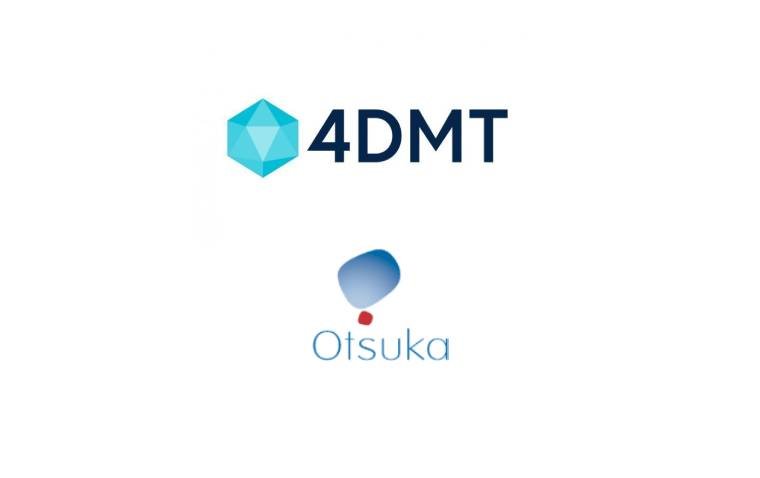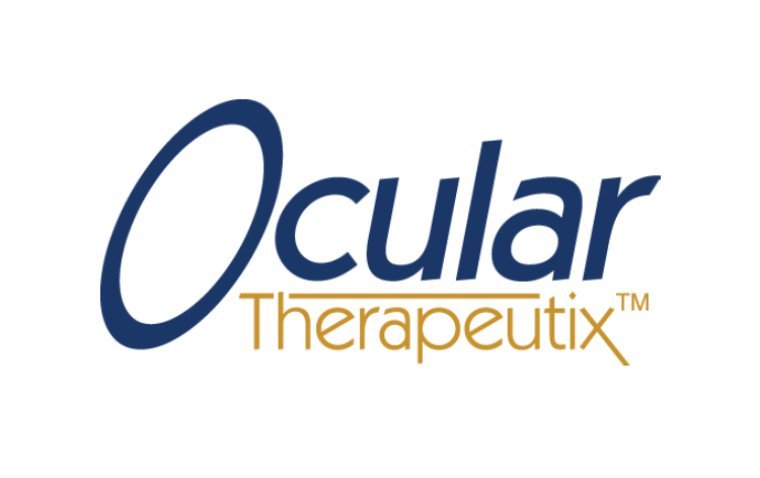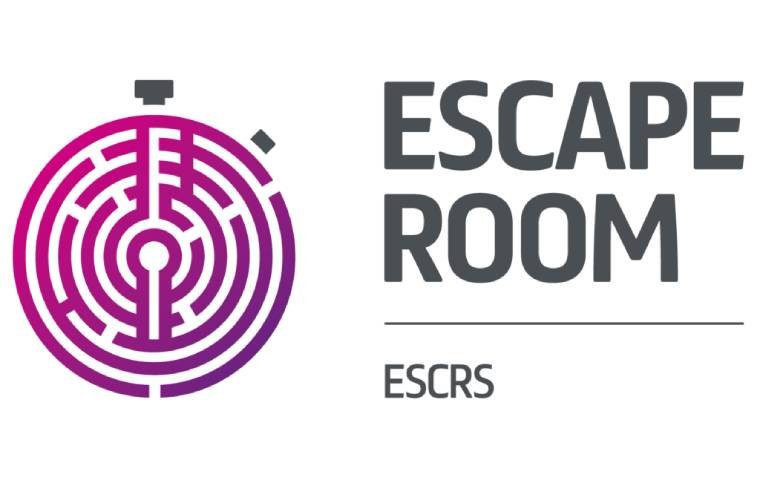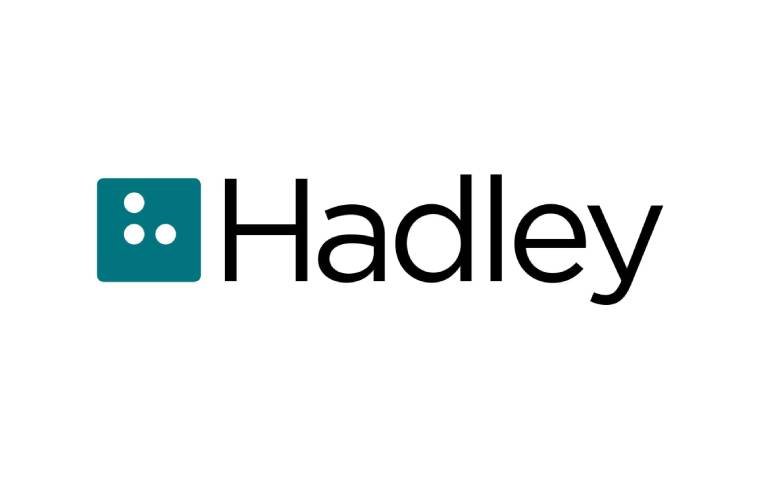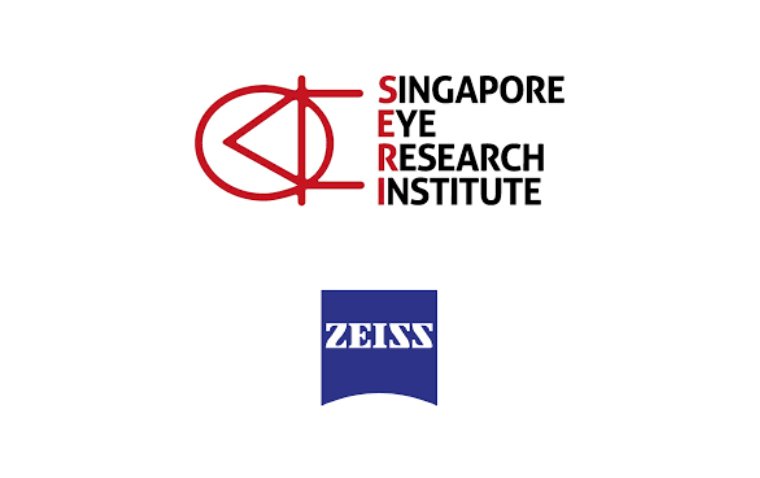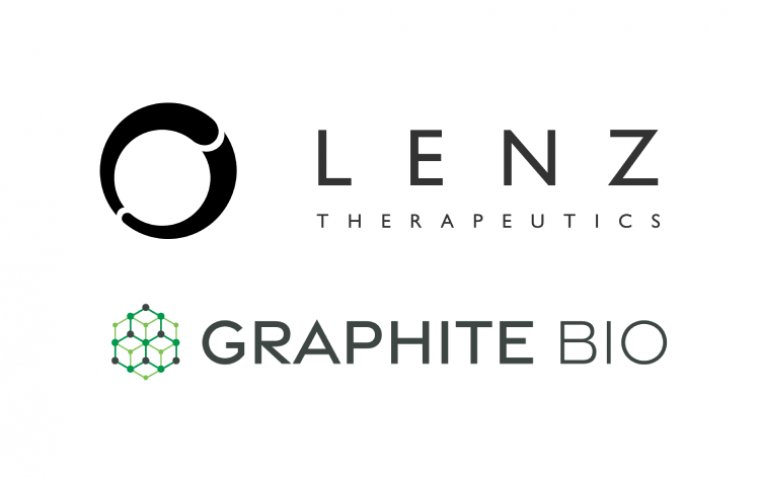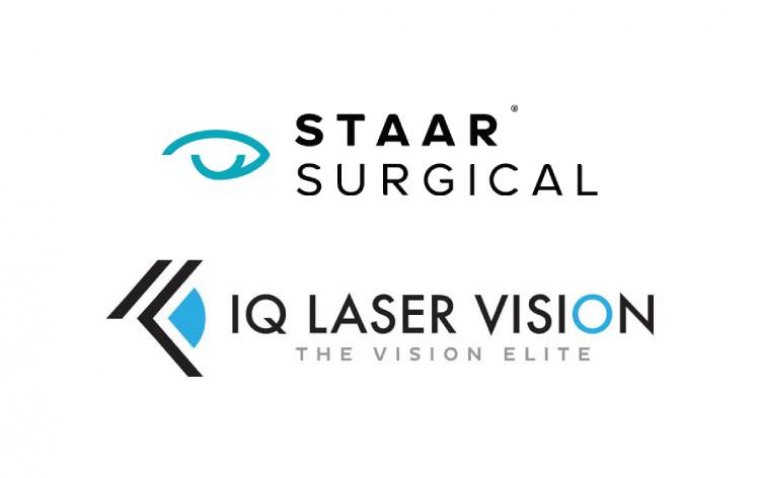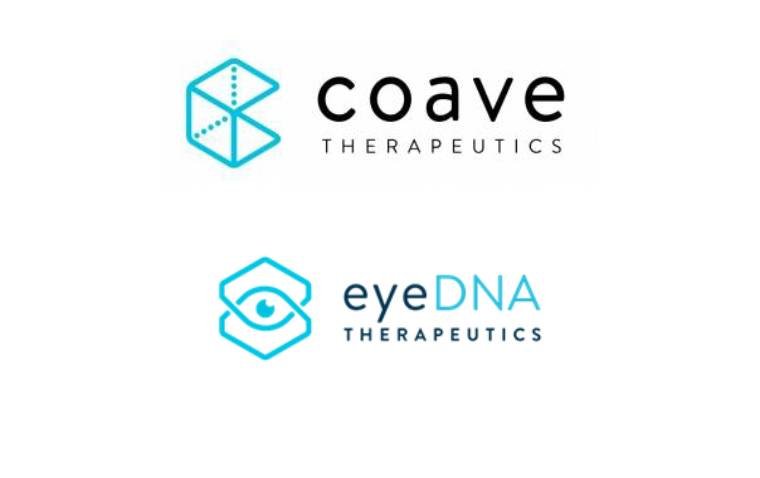
eyeDNA Therapeutics Receives FDA Rare Pediatric Disease Designation for HORA-PDE6b
eyeDNA Therapeutics, a newly created subsidiary of Coave Therapeutics, has announced that the U.S. Food and Drug Administration (FDA) has granted a Rare Pediatric Disease Designation (RPDD) for HORA-PDE6b, the company’s novel gene therapy designed to treat inherited retinal dystrophy (IRD) caused by mutations in the PDE6b gene.
Understanding PDE6b Retinitis Pigmentosa (RP)
PDE6b retinitis pigmentosa is a rare inherited retinal dystrophy affecting an estimated 3,000 individuals in the United States and 4,000 in Europe, accounting for 1% to 3% of all RP cases.
Key Facts About PDE6b RP:
• Cause: Mutations in the PDE6B gene, which produce a dysfunctional PDE6b protein.
• Impact: Disruption of the retina’s ability to convert light into electrical signals, leading to progressive photoreceptor degeneration.
• Symptoms: Onset typically begins in childhood, with vision loss often progressing to blindness by midlife.
• Treatment Status: No approved treatments are currently available.
About HORA-PDE6b Gene Therapy
HORA-PDE6b is an innovative AAV5-based gene therapy designed to address the underlying genetic cause of PDE6b RP.
Mechanism of Action:
• Delivers a functional, non-mutated copy of the PDE6B gene directly into the subretinal space.
• Facilitates rapid transgene expression and production of functional PDE6b protein in photoreceptor cells.
• Potentially delays or halts retinal degeneration in patients with PDE6b deficiency.
Promising Phase I/II Clinical Trial Results
At the ARVO 2024 meeting in Seattle, WA, eyeDNA Therapeutics presented positive 24-month follow-up data from its Phase I/II clinical trial (NCT03328130) evaluating the safety and efficacy of HORA-PDE6b. The company highlighted the therapy’s potential to significantly impact disease progression, especially when administered at early stages.
FDA Rare Pediatric Disease Designation
The FDA grants Rare Pediatric Disease Designations (RPDDs) for therapies targeting serious or life-threatening conditions that primarily affect children under 18 years of age and have fewer than 200,000 cases in the U.S.
Benefits of RPDD:
• Eligibility for a Rare Pediatric Disease Priority Review Voucher (PRV) upon FDA approval of the therapy.
• The PRV allows the company to request priority review for another drug or biologic, reducing FDA review time by at least four months.
• PRVs are valuable assets and can be sold to other companies, often fetching prices exceeding $100 million.
Statements from Leadership
Rodolphe Clerval, CEO of eyeDNA Therapeutics, emphasized the significance of this designation:
“This Rare Pediatric Disease Designation (RPDD) for HORA-PDE6b from the FDA recognizes the urgent need for effective treatments for this devastating disease where early treatment could slow or halt disease progression and have a profound impact on patients’ quality of life.”
Clerval added:
“We look forward to providing further data updates from our ongoing Phase I/II trial with HORA-PDE6b, and we are particularly excited to see initial results in younger patients where HORA-PDE6b could produce the greatest clinical benefit.”
Exploring Accelerated Approval Pathways
eyeDNA is actively exploring options to make HORA-PDE6b available to patients in the U.S. and Europe through accelerated approval processes. The company aims to address the significant unmet need for treatments in patients with PDE6b RP, offering hope to those impacted by this rare, progressive disease.
Conclusion
The FDA Rare Pediatric Disease Designation for HORA-PDE6b marks an important milestone in the development of effective treatments for PDE6b retinitis pigmentosa. With promising clinical trial data and the potential to significantly delay disease progression, HORA-PDE6b could transform the outlook for patients affected by this rare inherited retinal condition.
eyeDNA Therapeutics continues to advance its efforts to bring this innovative therapy to market, offering hope to patients and families impacted by PDE6b RP.
Reference:
JB Ducloyer, et al. 12-month Safety and Efficacy Evaluation of HORA-PDE6b, a Gene Therapy Targeting Patients with Retinitis Pigmentosa Due to Biallelic PDE6B Gene Mutation (2024) Abstract 2134, Association for Research in Vision and Ophthalmology (ARVO) 2024 meeting (Seattle, WA, USA)
(1).jpg)


